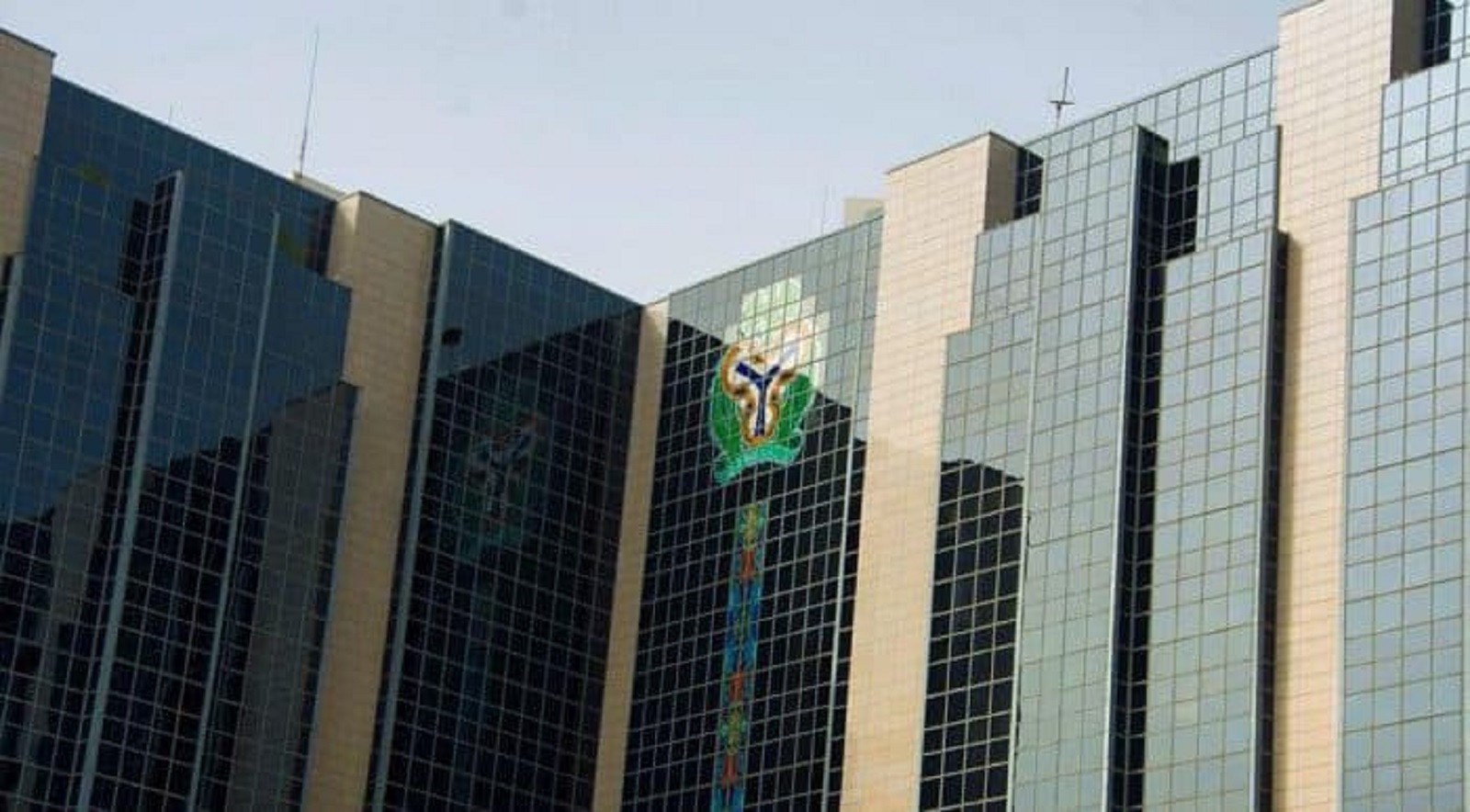Economist Intelligence Unit said that the CBN ‘lacks liquidity to support Naira’.
NewsOnline Nigeria reports that the Central Bank of Nigeria (CBN) is currently facing a significant liquidity crisis in supporting the Naira, as nearly $20 billion of its $33 billion in foreign reserves is tied up in various derivative deals.
This is according to the Economist Intelligence Unit (EIU) in its latest Country Report on Nigeria, highlighting the precarious position of the naira amidst rising inflation and policy decisions that may further affect the currency’s stability.
ALSO: President Tinubu Directs All State Governors To Implement Wage Award
The report read: “For most of this year, the naira will be highly volatile, leading to regulatory erraticism that can affect businesses, especially those holding foreign currency.
“The CBN lacks the liquidity to support the naira itself; out of US$33bn in foreign reserves, a large share (estimated at nearly US$20bn), is committed to various derivative deals.”
Foreign borrowing to help rebuild FX reserves
NewsOnline Nigeria reports that the EIU also suggested that foreign borrowing will be essential to rebuild the CBN’s reserves, clear backlogs of unmet foreign exchange orders, and restore confidence in the naira.
It said in its report: “Our view is that it will take foreign borrowing to rebuild the CBN’s buffers, fully clear a backlog of unmet foreign exchange orders and restore confidence. This is probably only achievable towards the end of 2024.”
Notably, Nigeria has already taken steps in this direction, securing a $3.3 billion loan from the African Export-Import (Afrexim) Bank and a $1 billion loan from the African Development Bank, with an additional $1.5 billion sought from the World Bank.
The CBN is also working with the International Monetary Fund (IMF) to create a framework to address excess volatility in the forex market.
Naira may crash to N2,381/$ by 2028 over lax policies
The EIU further projects a gradual recovery of foreign reserves between 2024 and 2028, albeit with a cautious outlook on the naira’s valuation.
Following a significant devaluation in early February, further depreciation is expected due to persistently high inflation and negative real short-term interest rates.
However, the report holds a balanced forecast, predicting an end-2024 rate of N1,770/$ and N1,817/$ by the end of 2025.
Despite this, concerns remain about the long-term value of the naira, with projections indicating a potential slide to N2,381/$ by 2028 and that the spread with the parallel market will be 5-15%, reflecting the impact of a lax monetary-fiscal policy mix and fluctuating world oil prices.
The report anticipates a volatile year for the naira, with potential regulatory changes that could impact businesses, especially in the face of foreign currency holdings.
Restrictions on oil companies repatriating earnings and possible convertibility limits loom as immediate threats to the currency’s stability.
Tinubu’s economic goals may affect monetary tightening
The report underscores the dilemma faced by the CBN, noting that despite an increase in the policy rate in February, the overarching economic goals set by President Bola Tinubu, including a notable aversion to high-interest rates and the ambition to double GDP by 2031, may hinder the necessary monetary tightening to attract foreign investors.
This scenario is exacerbated by high inflation rates, eroding the real value of short-term interest rates and potentially leading to higher unemployment if aggressive monetary policies are adopted.
The report read: “Deficit monetisation and high inflation will undermine the currency. A possibility is that monetary policy will be tightened to a point at which foreign investors view the naira more favourably.
“Although the CBN raised its policy rate in February, Mr Tinubu has expressed an aversion to high interest rates as his overarching economic goal is to double GDP by 2031. As inflation has been allowed to rise to a level at which a positive real short-term interest rate would create a significant rise in unemployment—adding another policy induced element to economic hardship—we assume that politics will prevent this from happening.
“The CBN’s independence has been heavily eroded in recent years; because fiscal firepower is so limited, the government will continue to rely on monetary policy to achieve job-creation and development objectives.”














